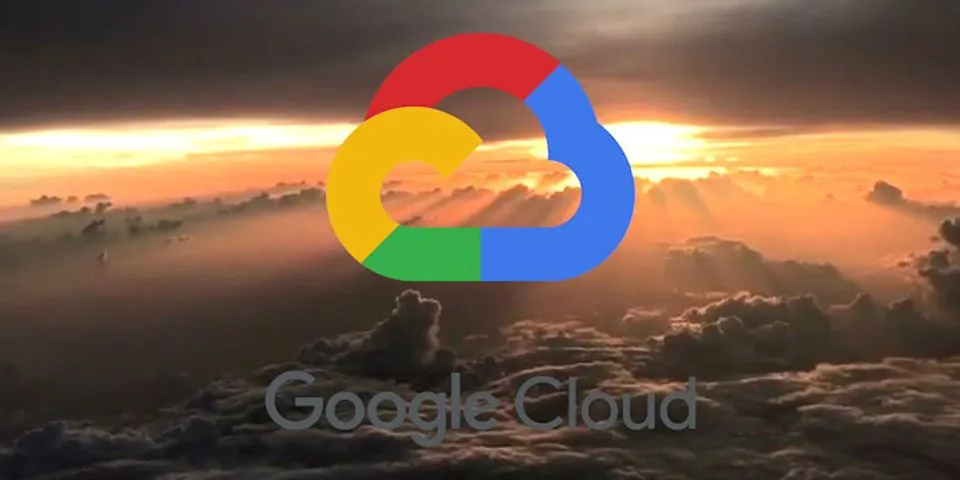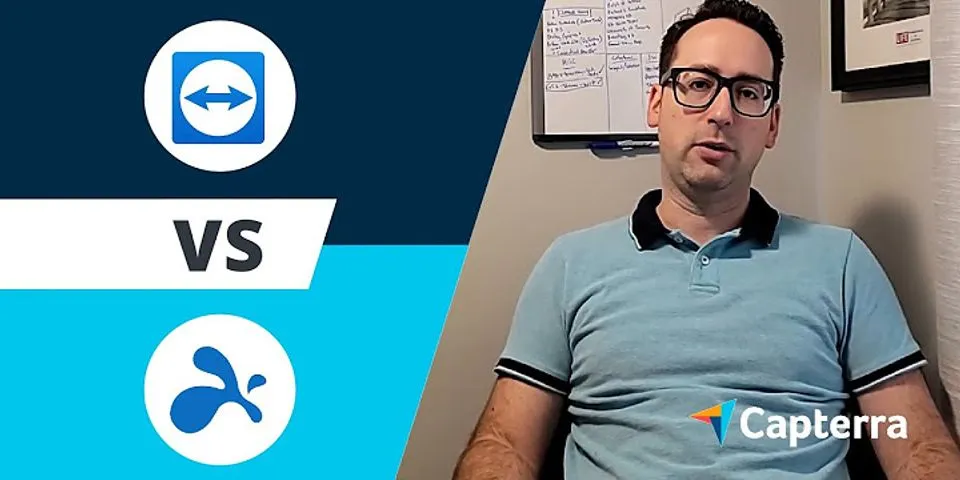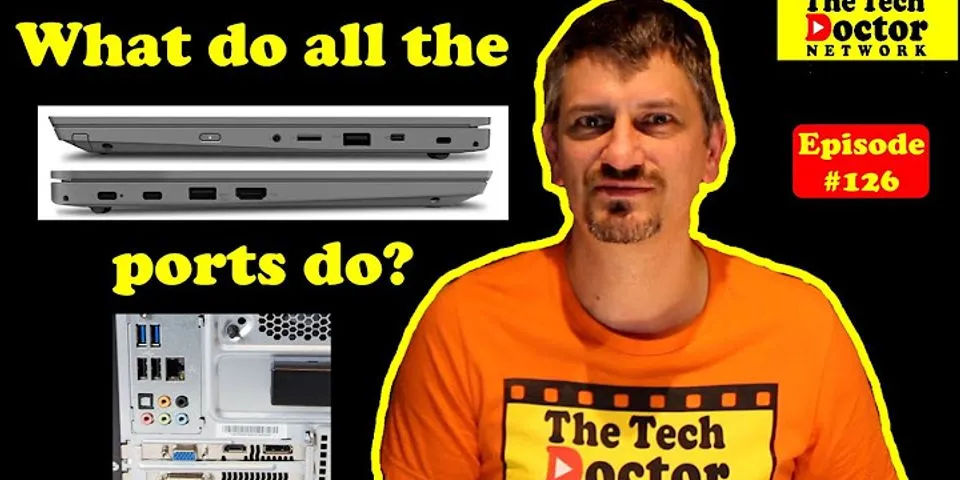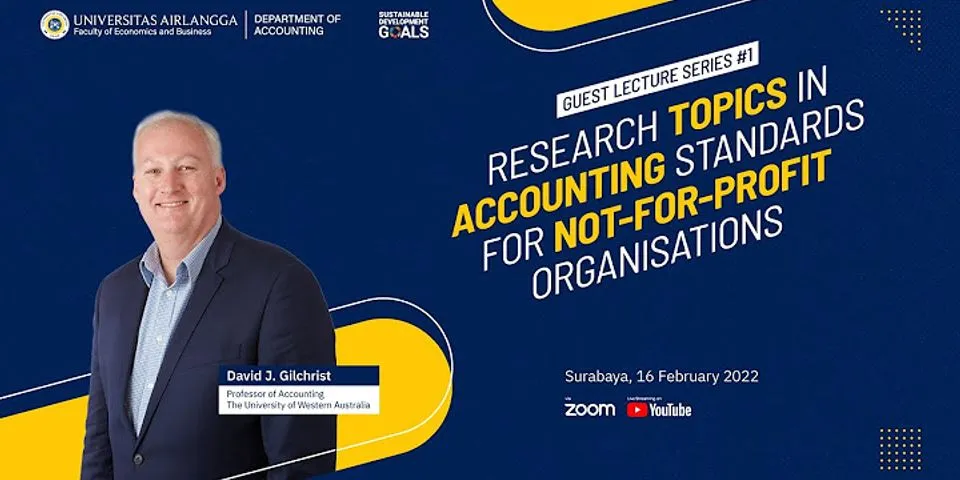The dominant thought was that with technology, came the freedom that allowed us to achieve so much more with our lives. We believed in improving living conditions through brilliant technological advancements that would revolutionise our way of living. The Internet has not only served as a platform for people to raise online awareness about issues that would not have been addressed otherwise, but it has also massively improved human capabilities. However, our world has never been further from the technological utopia we once dreamed of. Instead, it has now become a tool used by both states and companies to oppress people en masse. Show As per the Peter Parker principle, with great power comes great responsibility. Despite technology having progressed in an upwards trajectory in terms of new discoveries and developments, recent times have shown increasing instances of both companies and states abusing it to filter, monitor, obstruct and manipulate it to their benefits. As the Internet becomes a powerful tool for individuals to exercise their freedom, this confers the responsibility on states and private actors to protect usersʼ rights in their implementation of technology. In 2016, the United Nations Human Rights Council (OHCHR) passed a resolution which stated that the same rights that people have offline must also be protected online, calling upon all states to respect and protect the rights to privacy in digital communication. Additionally, these online rights should extend beyond and include security, accessibility, diversity and anonymity. And yet, according to think tank Freedom House, global internet freedom has been on the decline for the 10th year in a row. What does this mean? Our focus should not be lasered upon whether technology alone has either constrained or promoted freedom. Rather, we should start discussing how technology is being utilised by states and businesses. We have read the reports of how governments abuse technology by imposing internet censorship and shutdowns on their national cyberspace to survey, influence and punish those who do not agree with their political agenda. Certain governments have cited the pandemic as a reason to justify further restrictions on online speech, persecuting online critics and throttling dissemination of information that challenges the states narrative. Internet access in China and Iran remains the most highly restricted, with China as the worlds worst abuser of internet freedom for the sixth year running. In Belarus, the government facilitated internet disruptions and shutdowns in response to protests that rampaged after its presidential polls. By utilising technology for mass surveillance, states violate basic human rights and freedoms, impacting freedom of expression. Even legal mechanisms are of no help when the system itself abuses its power and disregards human rights considerations. This is the reality for Chinese citizens, whose government launched the Social Credit System to rate their actions and punish them for misbehaviours. We have long relied on democratic states to uphold their obligations to promote and enforce a society where our fundamental freedoms are protected and respected, especially our right to freedom of expression. But with the increasing reliance on technology, it is inevitable that the responsibility has been transferred from the governments to the companies that develop these new upcoming technologies. It is imperative that states ensure these providers and implementers are responsible for consumers sensitive data. However, what happens if they fail to impose proper legal mechanisms to restrain the growing power of these tech companies? These are the companies that promote, permit or sanction the technology we have access to and rely on. In placing trust in the software to access the technology, our so-called freedom is now in the hands of private corporations to protect. This proves problematic when the implementation and governance of technologies do not respect our human rights. Accusations towards Cambridge Analytica and Facebook of stealing users data and manipulating information for political purposes proved a long-growing hunch that tech companies cannot be entirely trusted. With the increased eminence of technology, we have been forced to rethink our relationships with technology. I believe that the Internet is a public good where any limitations on our digital rights must have a legitimate explanation. There are definitely instances where we should limit free expression where the purposes are legitimate to maintain a healthy online civic space. The question is how these states and businesses can be held responsible and accountable. With technology now being almost synonymous with freedom, we forget that it cannot be the only solution to protecting our freedom of expression. At a fundamental level, technology is merely a tool. In the wrong hands, it can promote harm as well as good. It is how it is used in the hands of those who implement it that enables the conditions of oppression in the first place, and decides whether technology can liberate us from said oppression. We should seek for states and private actors to ensure that their data privacy laws, policies and technologies are implemented and designed according to international human rights principles, resisting from employing oppressive measures. In our pursuit of bettering technology, we have stumbled upon a path that detoured from our technological utopian dream. The dystopian approaches undertaken by both states and companies have threatened our freedom. Utopia or dystopia, it all depends on whether the governance and implementation of these technologies adhere to respecting and protecting our human rights.  Writer  Lisa Khouauthor See author's posts Share this:
Like this:Like Loading... RelatedTags: Digital Freedom, Freedom, Freedom of Speech, Governments, Internet Censorship, Systemic Oppression, Technology |




















